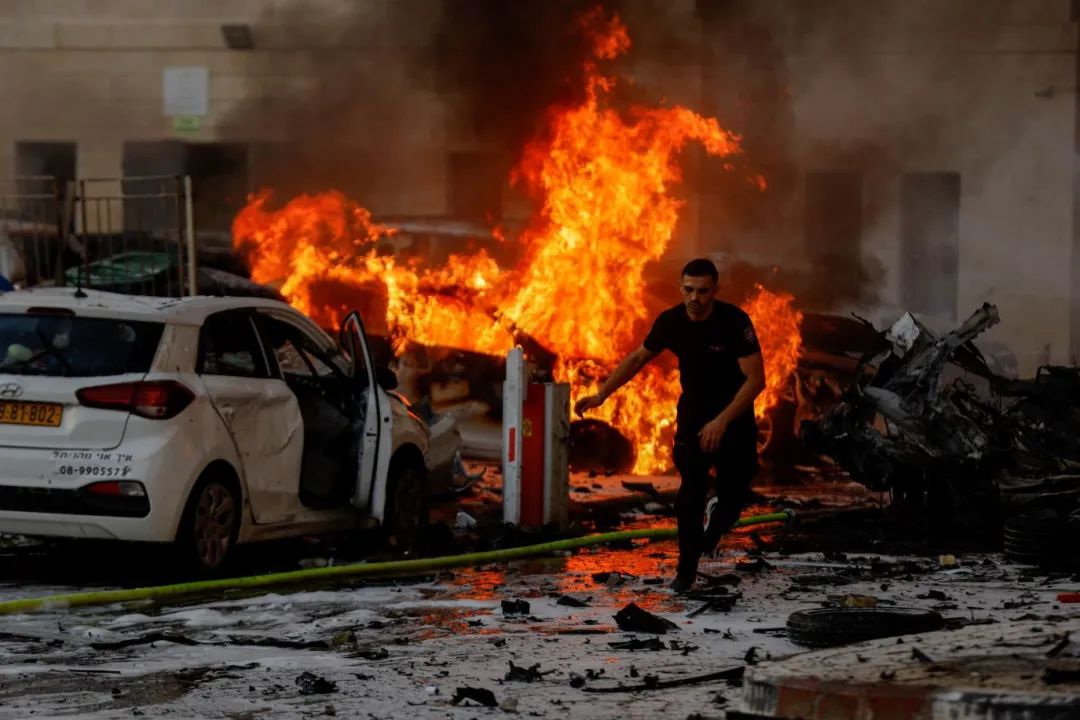Major International and Regional Actors Should Push for De-escalation
Jin Liangxiang source:CFR
source:CFR
The new round of Israeli-Palestinian conflict will be consequential in many ways.
First, the escalating tensions will add new uncertainty to the regional détente experienced over the past couple of years, peaking in 2023, particularly with the Abraham Accords. The uncertainty will challenge regional security.
Second, the Palestinian issue will rise in importance in, and may move to the core of, regional agendas. Other issues will be de-prioritized at least for some time.
Third, the conflict could trigger Israeli reflections on its long-held approach of maintaining security by building military advantages while abandoning a political solution to the source of problems. The Israeli-Palestinian relationship in the longer term could change for the better if any reconsiderations really take place.
I foresee two scenarios going forward. First, a gradual de-escalation resulting from rational calculations of the conflicting parties and sufficient external pressure. The obvious distance between the two in military capabilities means that the military dimension of the conflict will end soon with Israel occupying significant parts of Palestinian territories; negotiations on the exchange of hostages and prisoners and other crucial issues will last longer.
Second, the crisis could escalate and spill over into the region more generally. If parties do not refrain from exchanging retaliations, if other regional state actors are involved, and if external actors do not push for de-escalation or peace, the conflict will become more serious.
Major international and regional actors should make efforts toward the first scenario due to real concerns for human rights and for peace in real terms. Major global actors could work together to pressure relevant parties to refrain from taking actions to escalate tensions. Putting out, instead of oiling, the fire should be the priority. The United States in particular could pressure Israel to be rational, while regional actors could restrict the behavior of subregional actors. China could also play a bigger role in mediating among various parties.
Unfortunately, the conflict is evolving toward the second scenario as several major external actors are politicizing the tragedy for their own geopolitical interests instead of pushing for peace. There is no concrete evidence linking Iran to Hamas’s Al Aqsa Flood operation, even though Iran politically does support Hamas. Such an intentional linkage will add unnecessary volatility to the conflict.


